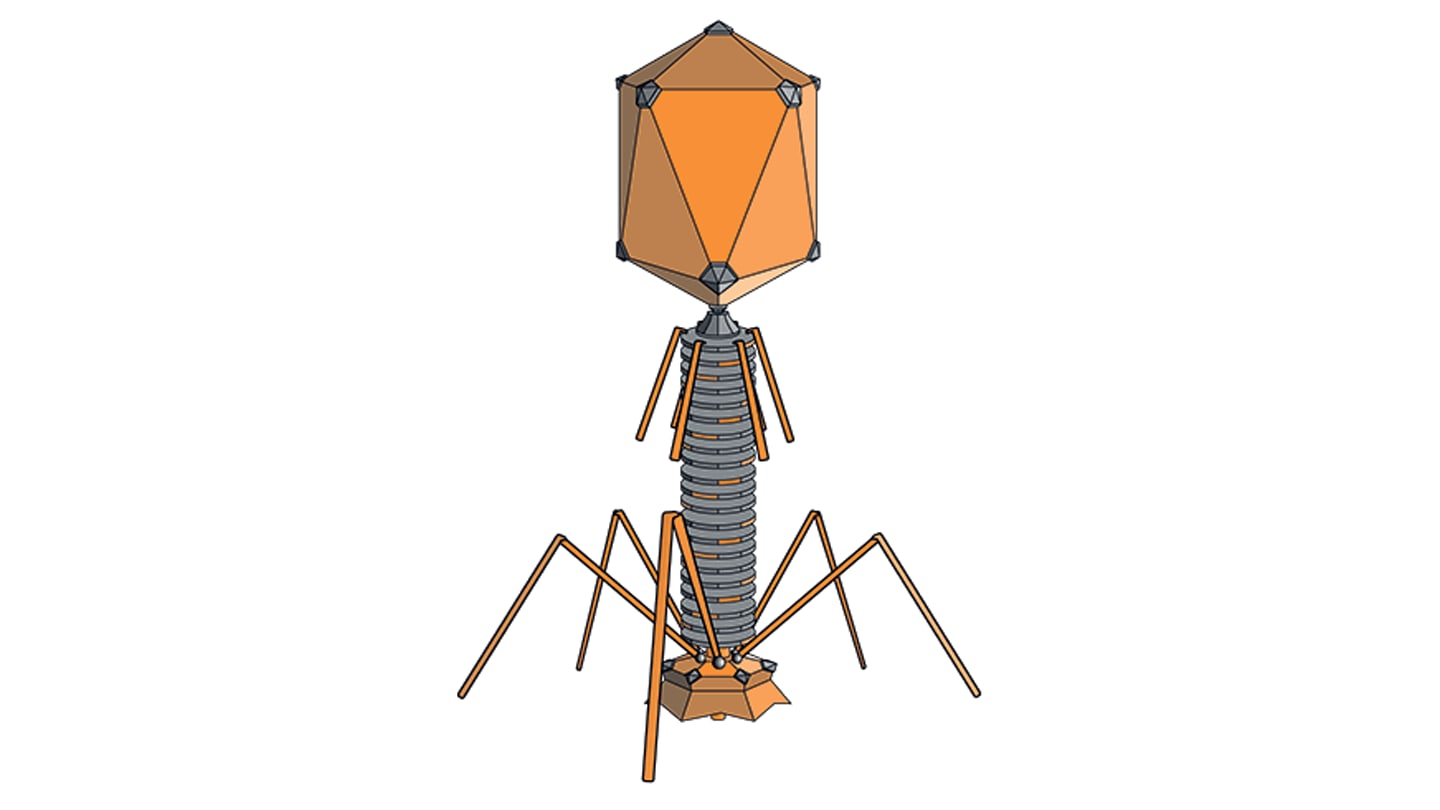
Globally affecting nearly two billion people each year, neglected tropical diseases (NTDs) remain a public health concern (1). With treatment options scant, could traditional medicine help fill the therapeutic gap? According to Dorcas Osei-Safo, associate professor and researcher at the University of Ghana, though highly patronized for primary healthcare needs, traditional treatment approaches could help address tropical conditions that are considered endemic in low- and middle-income countries. In research published in PLOS Neglected Tropical Diseases, Osei-Safo and her colleagues found that 15 different Ghanaian herbal preparations were effective against three NTDs that widely affect the country’s population: schistosomiasis (snail fever), onchocerciasis (river blindness), and lymphatic filariasis (elephantiasis) (2).
“The use of traditional medicines as therapeutic agents is generally not accepted by pharma,” says Osei-Safo. “There are grave concerns about the lack of established evidence of safety and efficacy, as well as data on dosage, good manufacturing practices, quality control, and standardization.”
But despite the pharma industry’s concerns, the Ghanaian public – particularly rural citizens – are less skeptical. As Osei-Safo explains, traditional medicines form an integral part of the country’s culture. “People have developed a deep trust in their healing power. There is also a strong perception that they have little or no adverse effect when compared with pharmaceuticals,” she says. “Besides, in many communities, traditional medicine may be the only affordable and, more importantly, the only available source of healthcare.”
Even if pharma companies were to up their orphan drug development programs, Osei-Safo argues that the finished products, unless heavily subsidized, would be beyond the means and the reach of the poorest patients in remote areas. “So, as Africans, who bear the brunt of these diseases, we aimed to capitalize on our expertise and conduct the relevant basic scientific research to transform our largely unexplored biodiversity and unique indigenous knowledge,” says Osei-Safo.
Osei-Safo and her team macerated different dried herbs and plants in a variety of solvents including methanol, n-butanol, and dichloromethane. The prepared samples were then screened to establish their activity against target NTDs. “The extracts demonstrated different levels of activity against their target disease,” says Osei-Safo. “But to our surprise, many of them were more effective against other tested NTDs.” The team found that the majority were most active against Trypanosoma brucei brucei, a parasite that causes sleeping sickness. This, according to the professor, suggests that traditional medicines deserve further exploration.
So far, only one active extract has been subject to complete bioassay fractionation. The remaining identified active extracts are currently under investigation. “We hope to come up with a couple of promising compounds that could be further developed into potential drugs,” says Osei-Safo. But the team’s goals are not limited to molecular isolation of traditional medicines for pharmaceutical development; they are also exploring how they can develop standard protocols to ensure the safety and effectiveness of the original traditional medicine. Osei-Safo says, “The WHO recognizes the importance of traditional medicines and encourages their integration into mainstream healthcare systems in countries where they are broadly used; however, quality improvement and validation will be necessary for this to happen.”
But will the standardization of these treatments have an effect on their cost? The professor argues that the financial burden will still be comparatively lower and timelines much shorter than with conventional pharmaceutical drugs. “I strongly believe that the use of traditional approaches will allow us all to take positive steps forward in the road to achieving the goals outlined in the WHO’s global targets for NTDs, as these products will be widely accepted and affordable for target populations,” she says. “I now challenge African governments to wield the necessary political will and commit adequate resources to help us realize this vision.”
References
- D Engels and XN Zhou, “Neglected tropical diseases: an effective global response to local poverty-related disease priorities,” Infect Dis Poverty, 9, 10 (2020). https://doi.org/10.1186/s40249-020-0630-9.
- EB Twumasi et al., “Antischistosomal, antionchocercal and antitrypanosomal potentials of some Ghanaian traditional medicines and their constituents,”PLOS Negl Trop Dis, 14, 12 (2020). DOI: https://doi.org/10.1371/journal.pntd.0008919.




